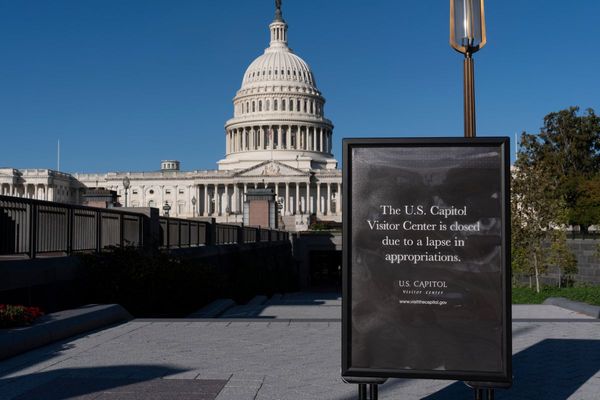
Tokyo: The Bank of Japan (BoJ) held off on expanding its massive stimulus programme on Friday, preferring to save its dwindling policy options in the hope that the economy can overcome the drag from China’s slowdown without additional monetary support.
But the central bank is likely to remain under pressure to expand its already massive asset-buying programme as slumping energy costs, weak exports and a fragile recovery in household spending keep inflation well short of its 2% target.
Core consumer prices fell 0.1% in the year to September, a second monthly decline, while household spending slid 1.3% from a year earlier. The BoJ maintained its pledge to increase base money, or cash and deposits at the central bank, at an annual pace of 80 trillion yen ($662 billion) through aggressive asset purchases.
The dollar fell 0.5% against the yen and the Nikkei share average lost 0.6% after the policy announcement. Markets will now focus on the BoJ’s twice-yearly outlook report and governor Haruhiko Kuroda’s news conference for clues on the timing of any future monetary easing.
With the economy skirting recession, the BoJ is likely to cut its economic growth and inflation forecasts for the fiscal year that began in April. But it will only slightly alter its forecast that inflation will hit 1.9% next fiscal year, sources have told Reuters, giving it grounds to argue that Japan can hit its inflation target without expanding stimulus.
Japan’s economy contracted in April-June and may shrink again in July-September on weak exports. Many analysts say any rebound in the current quarter will be too weak for the BoJ to achieve its 2% inflation target next year.
Some BoJ policymakers have worried that sluggish demand in emerging Asian markets could hurt output and corporate sentiment badly enough to delay planned capital investment and wage hikes. Economists were split on whether the BoJ will pull the policy-easing trigger on Friday, although market bets have leaned toward no action after a string of recent positive data.
Factory production rose 1% in September after two straight month of falls, data showed on Thursday, as robust US and domestic demand for cars and cosmetics made up for weak machinery demand in China.
BoJ officials have said economic conditions are much better than last October, when it surprised markets by easing policy after consumption took a direct hit from a sales tax hike, and companies were in no mood to raise wages. Reuters







